Caroline Heldman, a professor at Occidental College, has spent years fighting against the injustices of sexual assault on college campuses. This week, Heldman came to campus to give a talk entitled “The New Campus Anti-Rape Movement”. Prior to their talk, The S&B met with Heldman to discuss their expertise.
The S&B: In recent years, there’s been a major focus on sexual assault on campus. What has been the role of both grassroots activism and the Obama Administration?
Caroline Heldman: Even though activists have been pushing for this for decades, it’s really student activism using social media. Social media allows students to hold institutions directly accountable using essentially consciousness raising and shaming through social media. …The Obama Administration has been key to all of this. The big thing that they did policy-wise was to issue what’s called a Dear Colleague letter, which is a directive from the top of the Department of Education to the rest of the department saying we are now going to consider sexual violence on college campuses a Title IX issue.
The S&B: What affect has this focus had on reducing rape and sexual assault?
CH: We have seen the rates of reported rape and sexual assault go up dramatically. I think we are many years away from having the best practices for addressing campus rape, and I would go a step further to say that most college administrations are more focused on risk reduction than they are on sexual violence reduction.
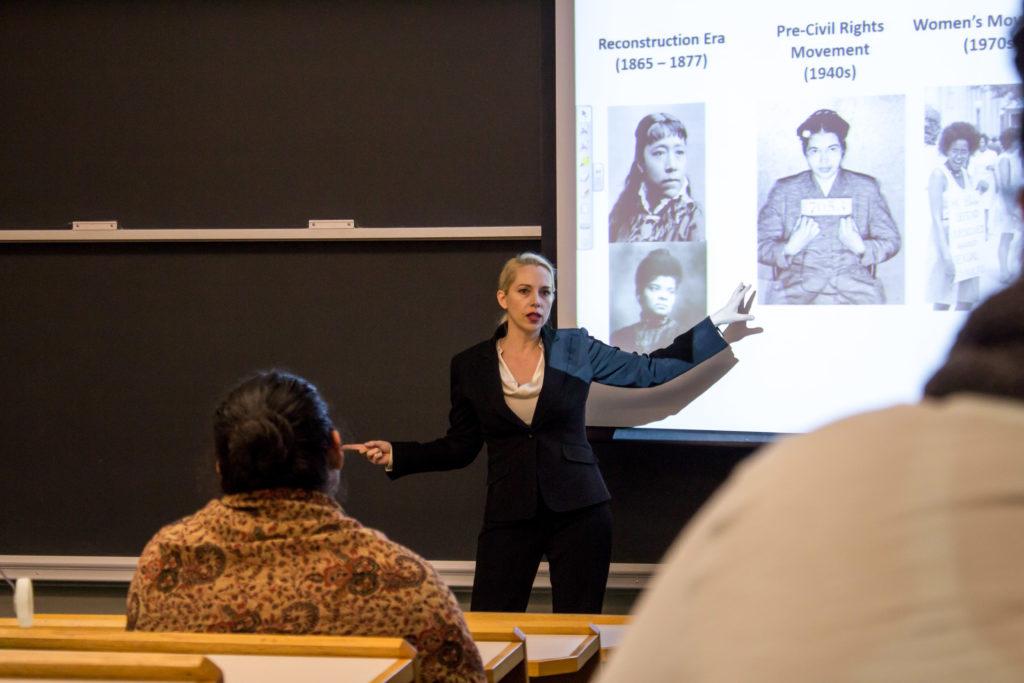
The S&B: Are college administrators, rather than the courts, the best people to deal with sexual assault?
CH: Yes, for two reasons. One is that college campuses are required to provide an equitable learning environment, which means that they have an obligation that is distinct from the criminal code. The second reason is that the only place that is worse than colleges and universities at adjudicating sexual violence is law enforcement. We know that out of every 100 rapes that occur in civil society, just over two rapists will ever see a day in jail.
The S&B: Once the 2016 Republicans control the Presidency and Congress, how will the Department of Education’s approach change?
CH: I think a lot will change, but it won’t change formally. I don’t think a Trump administration would have the audacity to issue a Dear Colleague letter that overturns the Dear Colleague letter from 2011, because that would just be such an egregious violation of how we understand justice for survivors on college campuses. But I do think the Trump administration will slow down the process in terms of implementation. So all Trump has to do is tell any department or administration, “I don’t want to focus on this set of policies anymore,” and if that’s the case, the 200 plus Title IX and Clery cases that are open right now, they would essentially be delayed or not investigated.
The S&B: According to the Washington Post in 2012 Grinnell had the second highest rate of sex offenses among colleges analyzed, at 10.75 cases per 1000 students. How should this be interpreted?
CH: Campuses that have high reporting rates of sexual violence tend to be doing a much better job of creating a comfortable environment for survivors to report. So Grinnell’s numbers are likely well below what the real numbers are, but my guess is that they’re just closer to the real numbers because you must have some mechanisms on campus that facilitate reporting.
Contributing reporting by Philip Kiely, Zane Silk and Michael Cummings















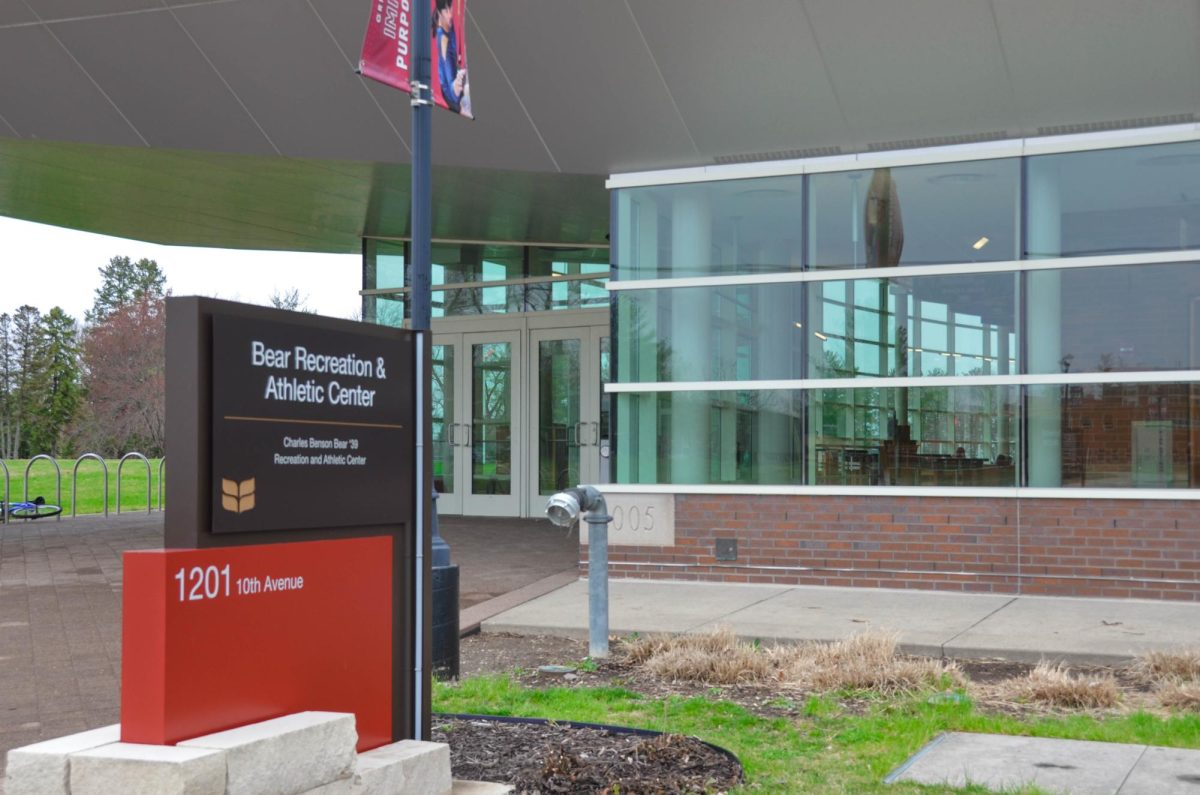






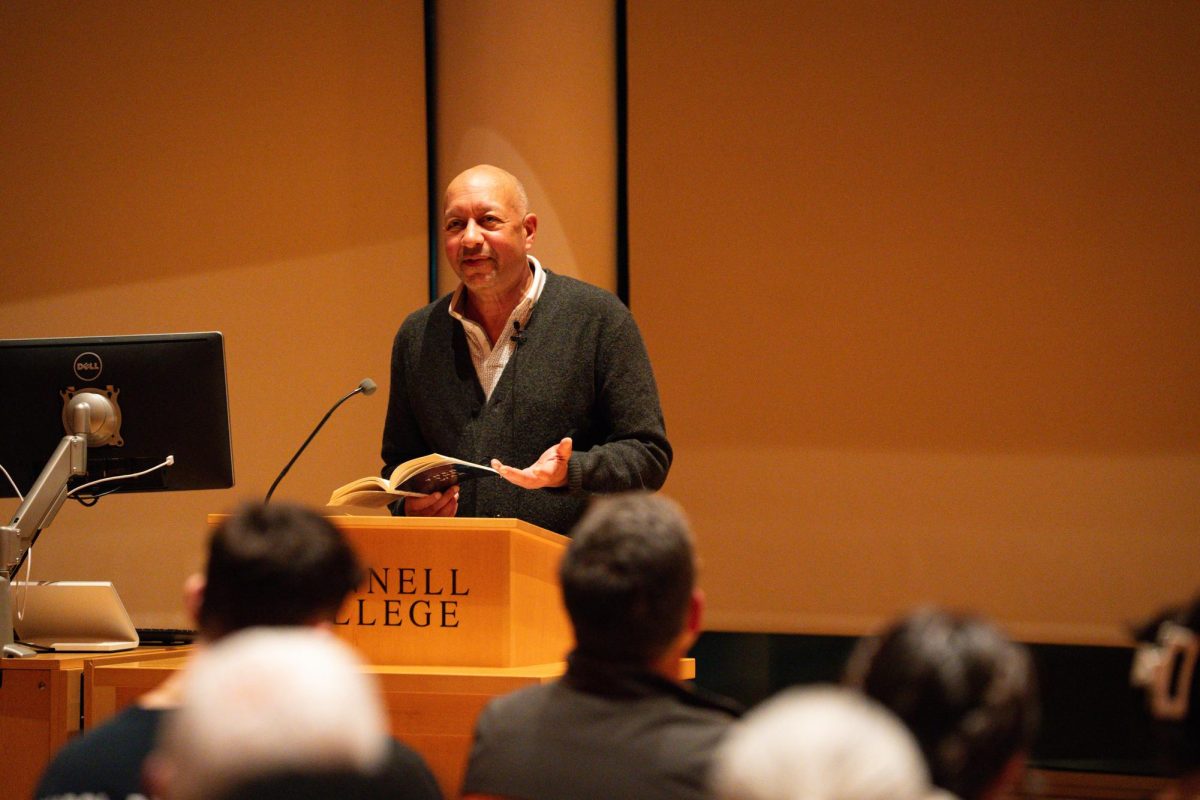



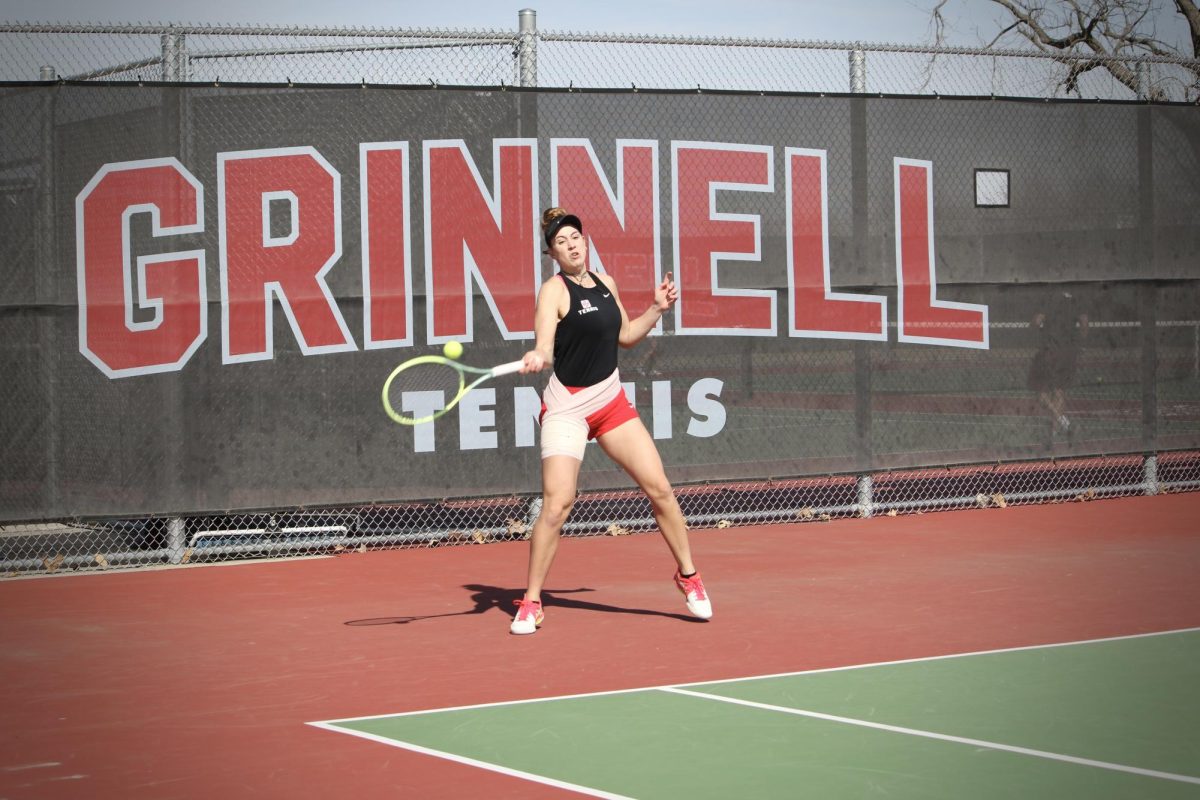
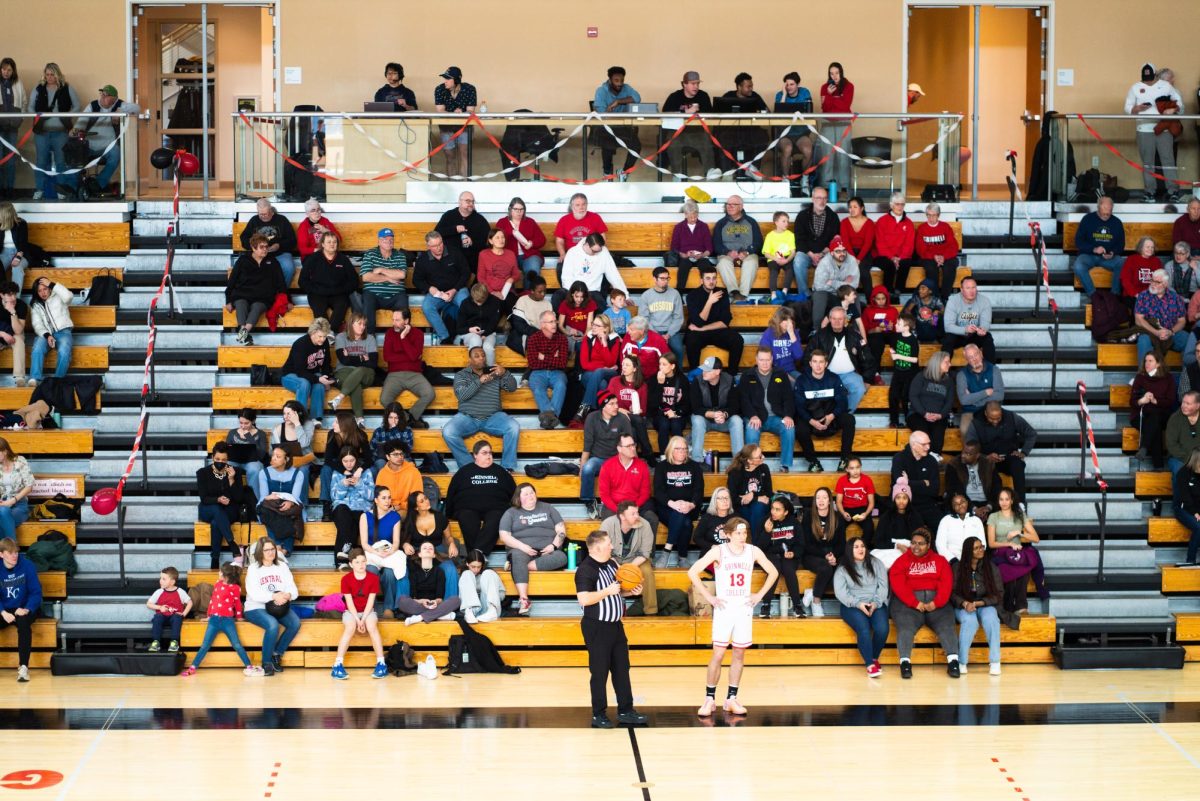
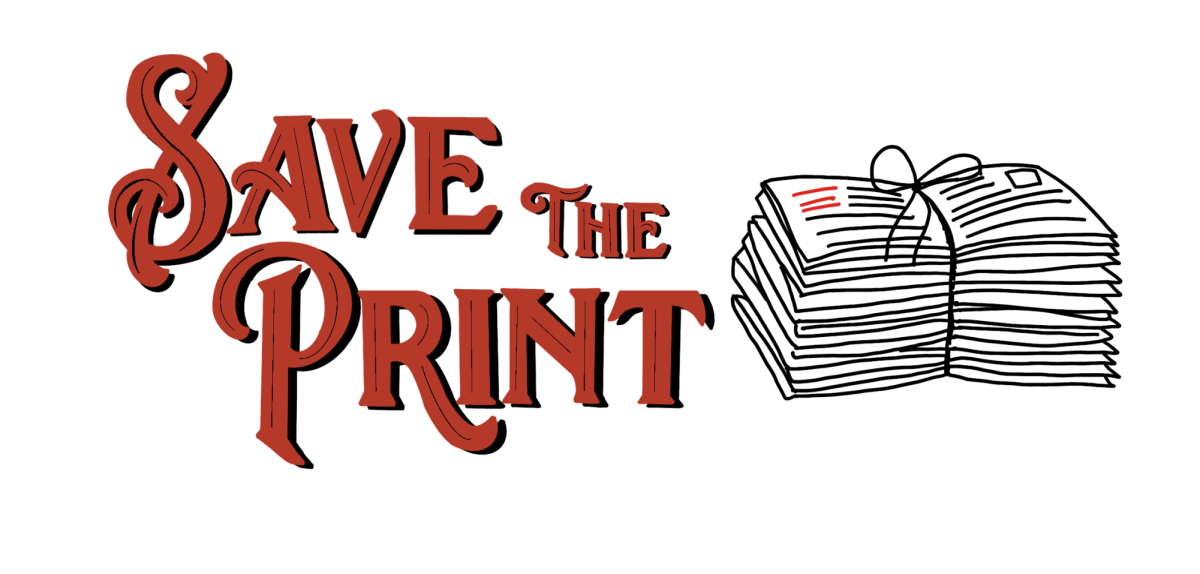











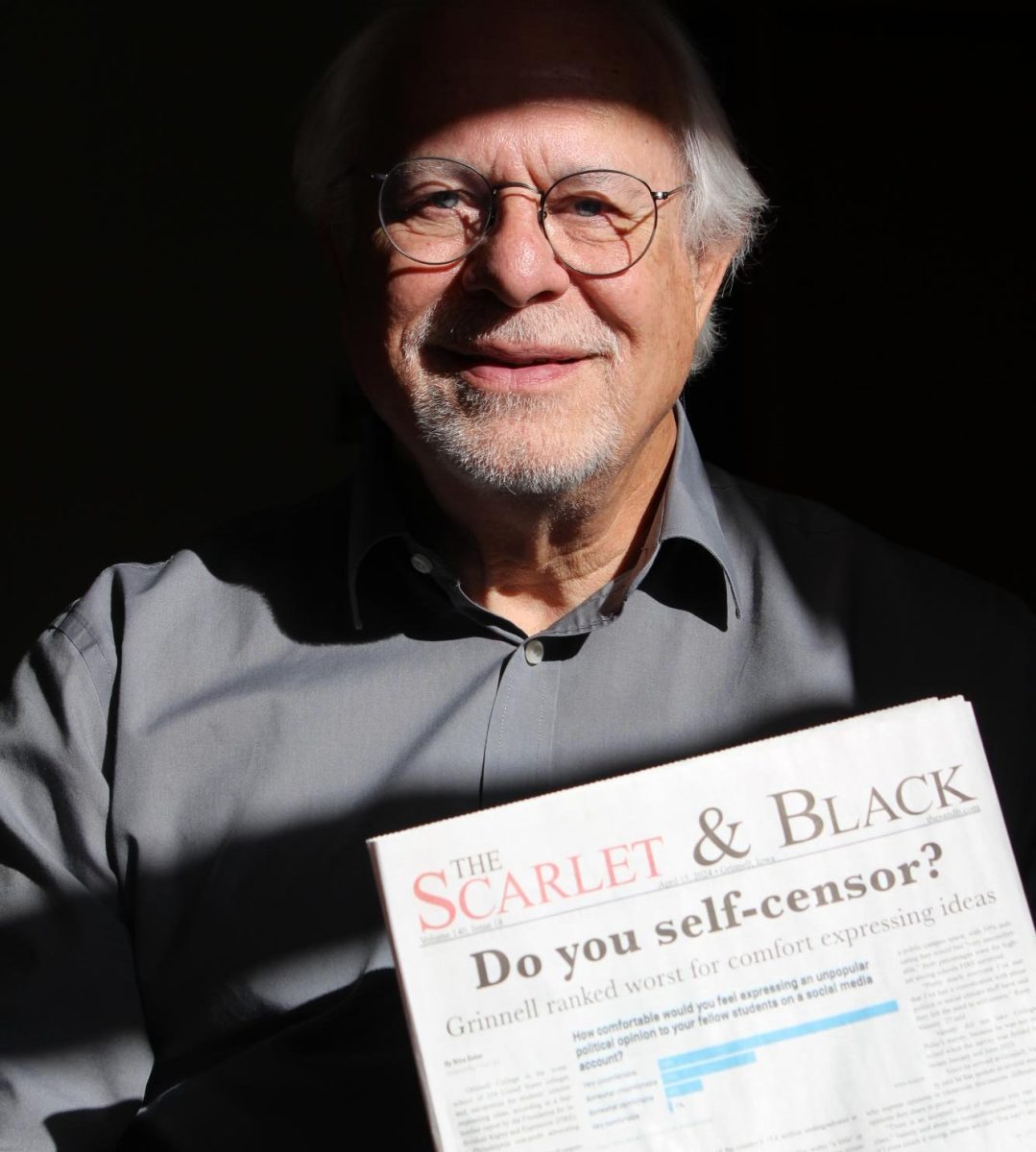
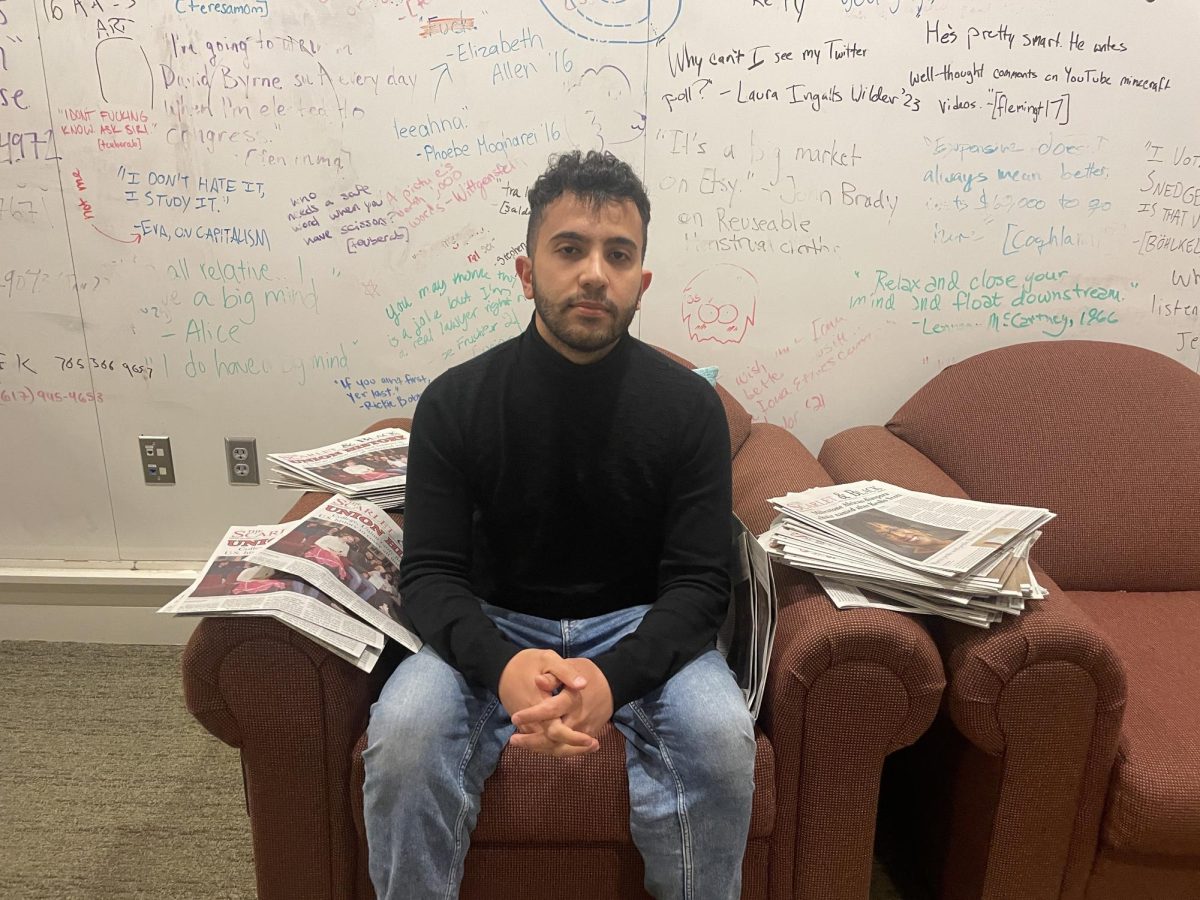
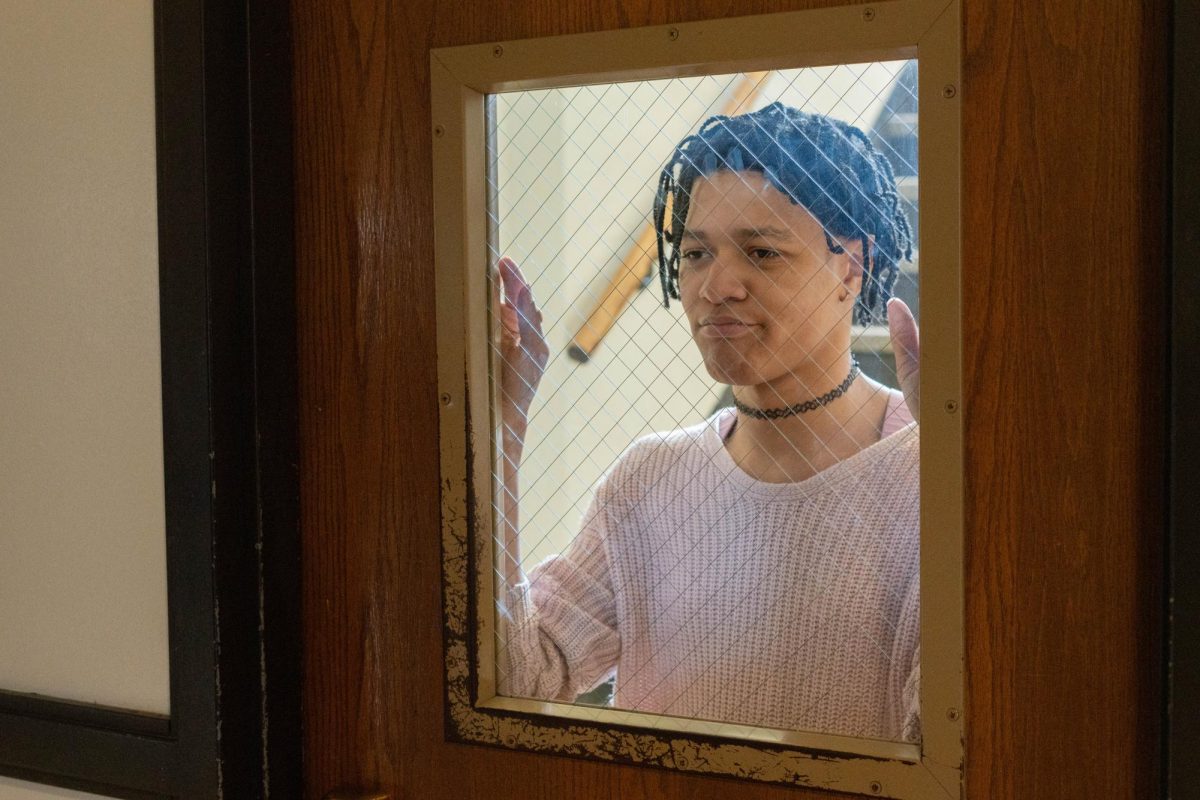


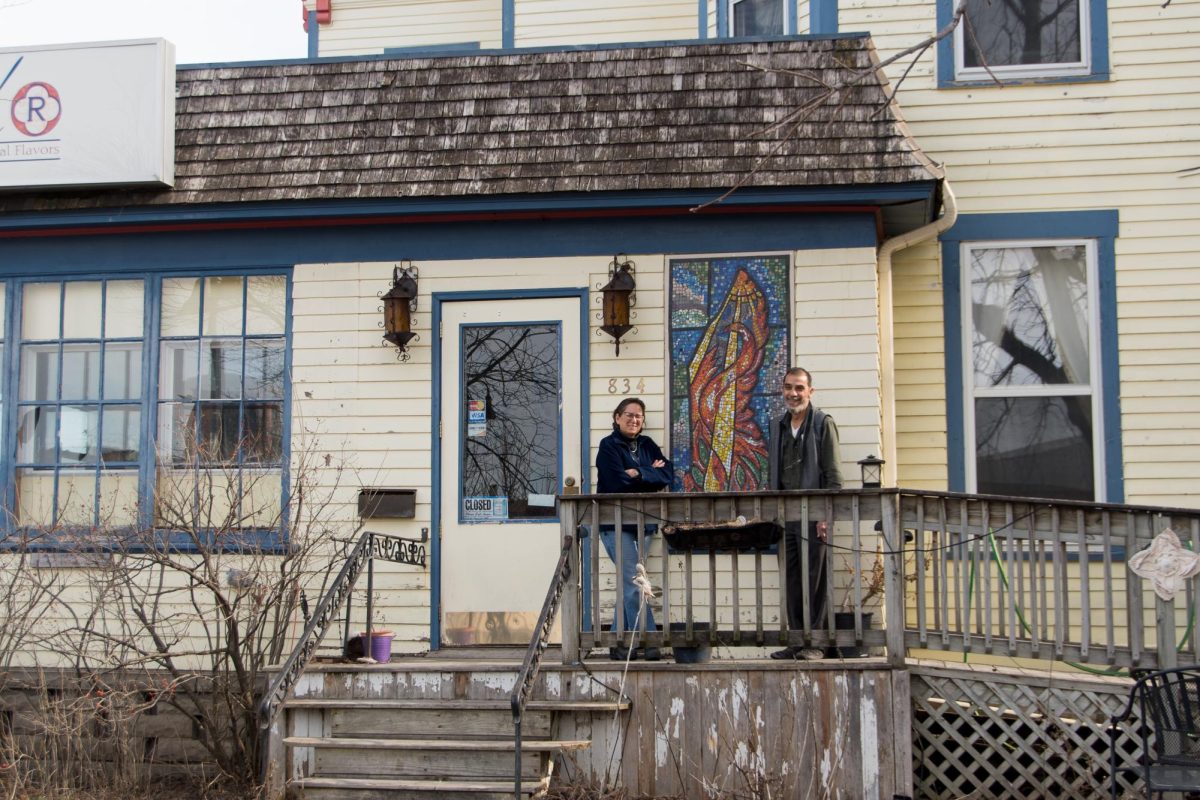
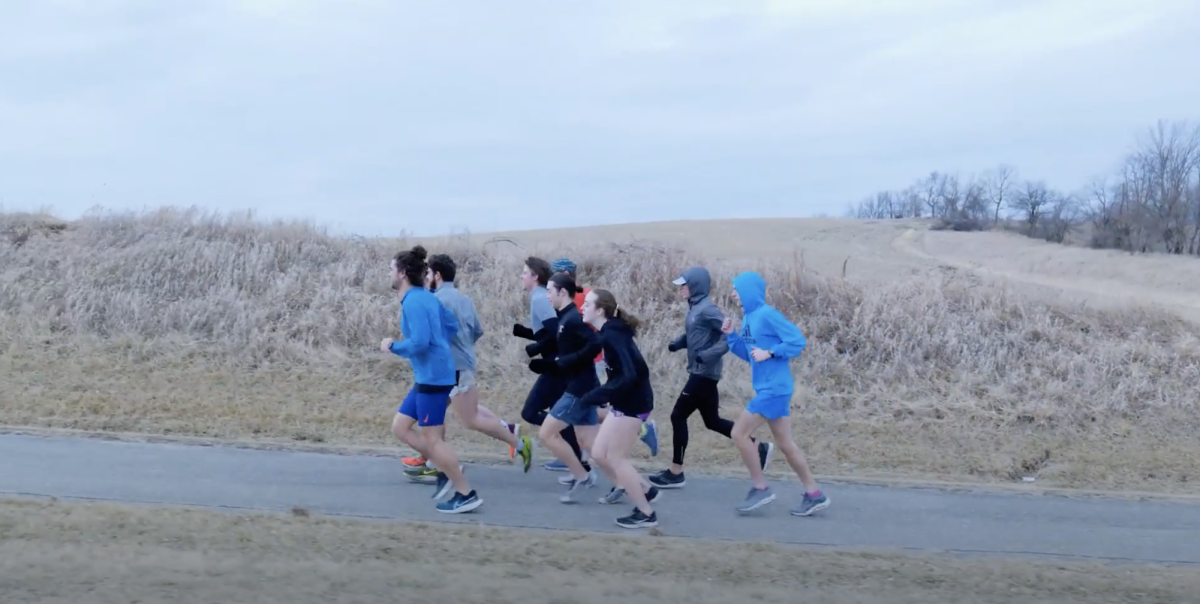




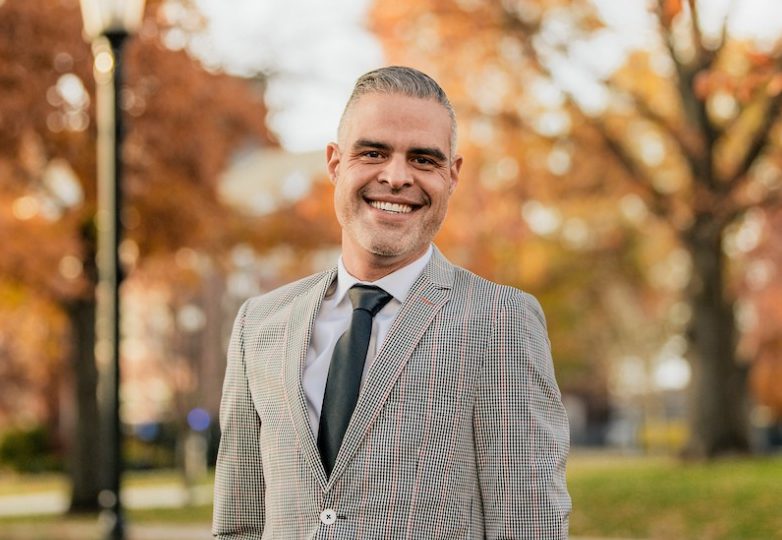





Frank • Dec 6, 2016 at 3:17 pm
I live in Australia and was for a while a lawyer. One way to deal with sexual assault when the criminal law fails to deliver justice is to file civil proceedings where the standard of proof is not beyond reasonable doubt but on the balance of probabilities – the word of the victim against the word of the abuser – and for what it’s worth, damages can be awarded at a significantly higher level than Victims of Crime Compensation allow. The naming and shaming of the abuser, the vindication of the victim and the fact that the possibility of successful civil proceedings may lead to criminal ones are encouraging factors.
On another note, technology has hugely reduced inter personal crime in this country – plastic money, mobile phones, security systems etc but sexual abuse remains deeply problematic especially for children. Do you see any change in causative factors – diet, EMFs microwaves etc , non physical cultural factors, genetics even? I am a support member of a survivor’s group and the aetiology of abuse is a vexing question.
Keep up the good work Frank